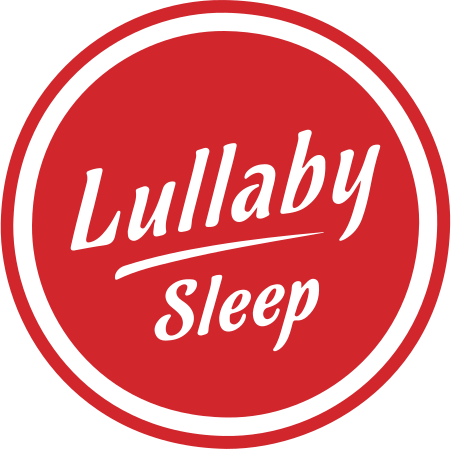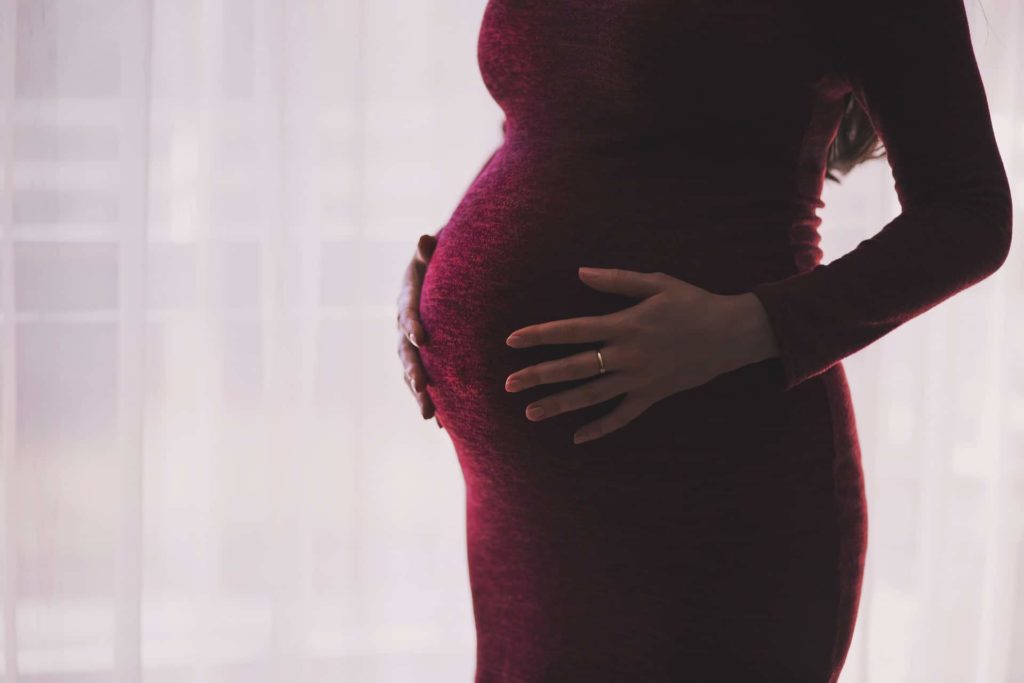At The Sleep and Snore Centre, Dr. Mark Levi sees many couples anticipating the arrival of a child. While they are filled with joy and excitement, they are also troubled by a lack of sleep due to sleep apnoea. Unfortunately, for many mothers-to-be, pregnancy is accompanied by obstructive sleep apnoea (OSA).
According to the National Sleep Foundation (NSF) in the U.S., 78% of women report more disturbed sleep during pregnancy than at other times. About 15% surveyed by the NSF complained not just of disrupted sleep, but of obstructive sleep apnoea. Considering the physical and emotional demands of pregnancy and the prevalence of sleep disorders among pregnant women, it’s no wonder that expectant mothers get so tired.
Why Sleep Apnoea Occurs During Pregnancy?
Sleep Apnoea is more likely during pregnancy due to a combination of factors including hormonal changes and weight gain. High levels of estrogen during pregnancy can cause the mucous membranes lining the airway to swell, constricting airflow.
People who are overweight or obese are at a significantly higher risk of developing sleep apnoea, therefore the weight gained during pregnancy can also increase the risk. The extra weight on the neck puts pressure on the airway increasing the likelihood of obstructed breathing during sleep. If you gain excessive weight during pregnancy (more than 15 kgs if you were a normal weight before pregnancy, or more than 5 kgs if you were overweight), you’re at an even higher risk. Expectant mothers with gestational diabetes are also at higher risk of having sleep apnoea.
Why Sleep Apnoea during pregnancy can be so dangerous?
Since apnoea deprives your body of oxygen, it can be dangerous for both an expectant mother and her baby. In a recent study, researchers found that:
- Babies born to mothers with obstructive sleep apnoea are more likely to be admitted to the neonatal ICU (46 vs. 18%)
- Mothers with sleep apnoea had double the rate of c-sections compared with those that didn’t have sleep apnoea (65 vs. 33%)
- 42% of mothers with sleep apnoea also had pre-eclampsia, more than double the rate of those without sleep apnoea.
- OSA may be associated with reduced fetal growth in late pregnancy
Get Help for Pregnancy-Related Sleep Apnoea
Mothers- and fathers-to-be need all the rest they can get before sleepless nights begin in earnest with the arrival of a new baby. Tackling sleep apnoea as soon as possible is the key to improving the health and well-being of the whole family. Dr. Levi can help you get your sleep health back on track. Call Dr. Levi’s Sleep Clinic today on 1300375384 or use our online contact form.

